
After someone dies, can anyone phone the funeral home to arrange for the body to be transported?
When a loved one dies, it often catches us off guard, even if it was expected. During this difficult time, we deal with our grief along with some responsibilities.
What you should know
After someone dies in hospital, a doctor or nurse pronounces the death. Pronouncing death means verifying it based on first-hand observation.
If possible, the body is left for a short time in the nursing unit. This gives loved ones the chance to spend some time with the deceased. Then the body is taken to the hospital morgue. The hospital may make arrangements to release the body to a funeral home. Or they might leave the job to the family — maybe you.
People have the right to choose to die at home, supported by those close to them. But such a death needs to be clearly planned out beforehand.
If the advance planning was done
The patient’s doctor should have signed the form notification of expected death in the home before death occurs. This document confirms that the death is a natural and expected one. A funeral director can only remove the body if:
the form was completed prior to death, or
a health care professional pronounces the death.
If the form was completed in advance, pronouncement of death isn’t required under BC law. Even so, it’s widely recognized as sound clinical and ethical practice. It’s often done by a health care professional to give the family assurance and closure.
If the deceased didn’t plan to die at home
If the death was unexpected, a health care professional must pronounce it. This has to happen before the body can be removed from the home. An unexpected or suspicious death must be reported to the coroner.
Your loved one may have made a decision to donate organs and tissue. They may have discussed those wishes with you. Or they may have left instructions in their will.
BC Transplant oversees all aspects of organ donation and transplantation in BC. They administer the BC Organ Donor Registry. Potential donors may register a “yes” or “no” decision to donate. If your loved one died in hospital, the staff will check whether they registered a decision. If they did, the staff will show you the deceased’s donation decision.
Under the law, a donor’s consent to organ donation is binding. But if someone believes the donor changed their mind, that consent can’t be acted on — unless the donor consented in their will. BC Transplant’s practice is to “ask the family if they are aware of any change in their loved one's decision, and will honour their wishes.”
What if your loved one was not registered? The hospital staff may ask if you wish to have the deceased’s organs and tissue donated. Under the law, family members can’t consent if they believe the deceased would have objected to the donation.
If a donation takes place
The family has an opportunity to say their farewells before the organs are removed. A specialist trained in organ recovery will carefully remove organs and tissue. The body is then prepared for removal to the funeral home of choice.
Donation of organs and tissue shouldn’t cause a delay in the funeral arrangements. And you’ll still be able to have an open casket if you wish.
Your loved one may have registered to donate their body for anatomical study and medical research. The University of British Columbia medical school accepts bodies for teaching and research purposes. For more information, see the UBC Body Donation Program website.
If the deceased was registered in the program, contact the program as soon as possible after the death. The deceased’s personal representative or a health care professional should do this.
Whether the death took place at home or in hospital, arrangements must be made to remove the body. The law says who can remove the body, where it can be moved to, and who can authorize the removal.
Only licensed funeral homes or those issued a permit by Consumer Protection BC may move a body.
A body can be moved only to a place of cremation or burial, a place where a bereavement ceremony will be held, or a funeral home.
The removal must be authorized
The removal must be authorized by the personal representative or a relative of the deceased. The law sets out the order of priority of who can give instructions to remove the body. The first choice is the executor named in the deceased’s will. Next is the deceased’s spouse, followed by adult children, and so on. If the right passes to people of equal rank (such as adult children), that group can decide who among them will give instructions. If they can’t agree, priority descends in order of age.
If the first choice is unavailable or unwilling to give instructions, the right passes to the person next in line.
The authorization to remove the body can be made by telephone. However, the funeral home can’t dispose of the body until it receives written authorization from the representative of the deceased.
Your loved one may have made arrangements
Your loved one may have made arrangements with a funeral home, and may have prepaid for services. They may have left instructions in a will.
If the deceased was a member of a memorial society
If the deceased was a member of a memorial society, check with the funeral home. Sometimes memorial societies contract with funeral homes for preferential prices for society members. Ask the funeral home to see if they have a contract with that society. If not, ask whether they’ll agree to provide services for the same cost as the memorial society.
When a person dies in British Columbia, the death must be registered with the BC Vital Statistics Agency. Registration creates a legal record of the death. A death certificate is issued. Survivors need this to apply for benefits and to settle the deceased’s affairs.
The funeral home typically handles the death registration, which consists of these steps:
A medical certificate of death is completed. A doctor, nurse practitioner, or coroner completes and signs a medical certificate of death within 48 hours of the death. They forward it to the funeral home. The certificate verifies that the person has died and states the cause of death. The funeral home will typically make arrangements to have the medical certificate of death completed. (Note that this document is not the same as a death certificate — see below.)
The funeral home gets information about the deceased from a relative or friend. This includes the deceased’s date and place of birth, date and place of death, name of spouse, full names and birthplaces of parents, the name of any executor named in their will, and the method of disposition of the body (burial or cremation).
The funeral home registers the death. They do this by completing a death registration form with the Vital Statistics Agency.
A death certificate is an extract of the information provided on the death registration. If you’re settling the deceased’s estate, you’ll need the death certificate to provide proof of death. For example, you’ll need it to cancel a driver's licence or to get access to the deceased’s assets.
More on death certificates
The funeral home will ask you how many original death certificates you need. There’s a cost for each original certificate: to order one directly from BC Vital Statistics costs $27. For most estates, two original death certificates should suffice. You can have additional “certified true copies” prepared by a notary public or a lawyer if needed.
Steps to take
Who to contact immediately after someone dies depends on whether the death was expected or not, and whether it happens at home or in the hospital.
If a loved one dies at home and their death was unexpected, call 911 immediately. Call your family doctor as well.
If a loved one dies at home and their death was planned and expected, do not call 911, an ambulance or the police. Call family, friends, and any spiritual advisor you’d like to have present.
If a loved one dies in hospital, call family, friends, and any spiritual advisor you’d like on the scene.
Show first responders any no CPR form
If a loved one dies at home and first responders or paramedics are called, they should be shown any no CPR form signed by the deceased. This form records a person’s decision to decline CPR or other emergency medical procedures. (These procedures are usually administered when someone stops breathing or their heart stops beating.)
Immediately after the death, you may choose to spend some time with your deceased loved one, and participate in rituals in keeping with your spiritual beliefs.
If your loved one died in hospital, you can spend some time in the room with them. In general, the hospital will wait for family members to say their goodbyes.
The time spent with the body immediately after death can help people deal with the grief of a loved one’s passing.
If a health care professional is to pronounce the death, contact the family doctor, nurse practitioner or community nurse. You can take the time you need. If it’s late at night, you may wait until morning before calling.
The removal of the body must be authorized by a representative or relative of the deceased. For more, see what you should know, above.
If prior arrangements haven’t been made with a funeral home, contact one now. For information on funeral homes in your area, contact the BC Funeral Association.
If the death happened at home
If the death happened at home, call the relatives and friends you want to be with you. There’s no immediate urgency to transfer the body. But the BC Funeral Association recommends the family not wait longer than four to six hours after death has occurred.
If the notification of expected death in the home form has been completed, the funeral home is authorized to transport the body without pronouncement of death by a health care professional. You need to wait at least an hour after breathing has stopped before calling the funeral home to remove the body.
If the death happened in hospital
Tell the hospital the name of the funeral home you’ve chosen. The hospital may prefer to contact them, or ask that you do it. You may be asked to sign a form authorizing release of the body from the hospital.
Common questions
If a loved one dies unexpectedly, whether at home or in hospital, a coroner may become involved. A coroner is an appointed official who investigates all unnatural, sudden, or unexpected deaths in BC.
Anyone may report a death to the coroner, including doctors, hospitals, care homes, police, or funeral homes.
The coroner investigates to determine when, where, and how the death occurred. That investigation can end in one of three ways:
A determination of natural death. The coroner may conclude that the death was due to natural causes.
A coroner’s report. The results of the investigation may be released in a coroner’s report. This is a public document listing the coroner’s findings, including a cause of death and, whenever possible, recommendations to prevent future deaths.
A coroner’s inquest. The coroner may hold an inquest, which is a formal court proceeding with a jury, held to publicly review the circumstances of a death. A written verdict is prepared, and includes recommendations to prevent future deaths.
Coroner’s reports and inquest verdicts are public documents. For a copy of a coroner’s report, contact the regional coroner office in your area. For copies of jury findings and verdicts from a coroner’s inquest, see the Coroners Service of BC website.
An autopsy is a thorough medical examination of a body after death. It may be done to find out how or why a person has died, or to learn about a disease or injury.
The autopsy is usually carried out within 48 hours of death. Once it’s completed, the body is released to the representative of the deceased. Funeral arrangements can then go ahead.
Family members may ask for an autopsy to be done after a loved one has died. This is called a requested autopsy.
Sometimes an autopsy is demanded by law. This is called a required autopsy.
Family members may ask for an autopsy:
when the loved one died from a medical problem no one knew they had
if there are questions about a sudden death from “natural causes”
if there are concerns about genetic problems that family members may also be at risk for
Situations in which the law may require an autopsy include:
quick or unexpected death, such as sudden infant death syndrome (SIDS)
death caused by an injury, including suicide, murder, an accident, drug overdose, or poisoning
deaths that are suspicious
If an autopsy is required by law, a coroner or doctor can legally have it done without the consent of the person’s family or personal representative. But if the autopsy isn’t required by law, the family or personal representative must give their consent. Most often, a consent form must be signed in front of a witness.
More from HealthLinkBC
The HealthLinkBC website has more on the family’s role in whether an autopsy is done.
If an autopsy is required by law, there’s no charge to the family.
The family can ask that a hospital do an autopsy on a person who died there. Some hospitals won’t charge for this service.
Most health plans do not pay for autopsies. Make sure you understand the charges ahead of time.
No. The written autopsy report is a private document containing personal information about the deceased.
The medical certificate of death contains information about the cause of death. The death certificate doesn’t contain this information. For a certified copy of the death registration — which includes the medical certificate of death — you can apply to the BC Vital Statistics Agency. The cost is $50. If fewer than 20 years have passed since the date of death, only immediate family members and selected others can apply for this document.
Who can help
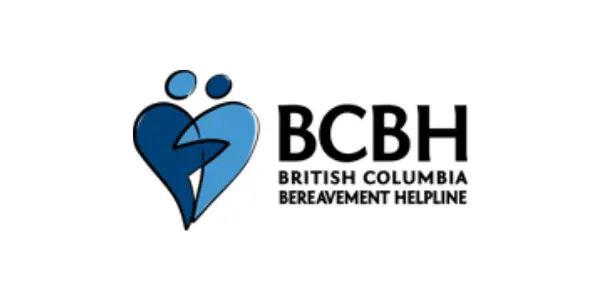
BC Bereavement Helpline
A non-profit society that helps people in BC cope with grief.
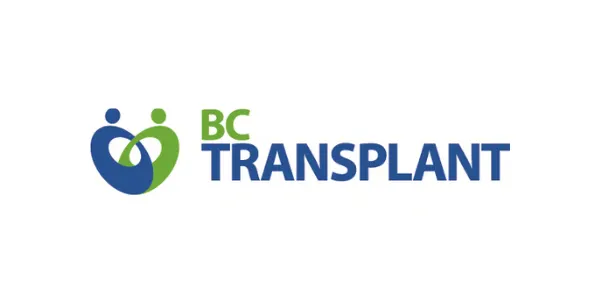
BC Transplant
A provincial agency that oversees organ donation and transplantation in BC.
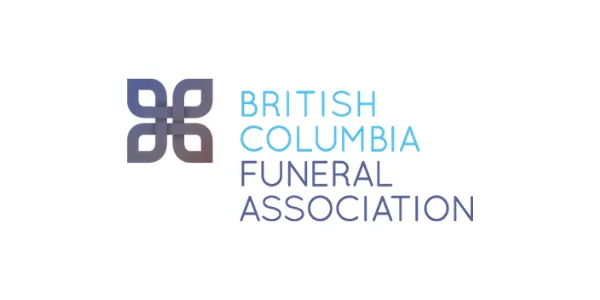
BC Funeral Association
A non-profit, membership organization that provides information about funeral services in BC.
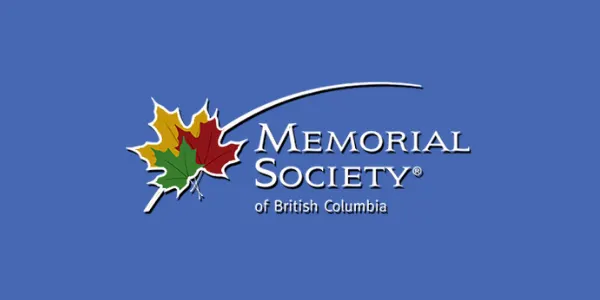
Memorial Society of BC
A non-profit society that helps to plan funerals that are simple, dignified, and affordable.
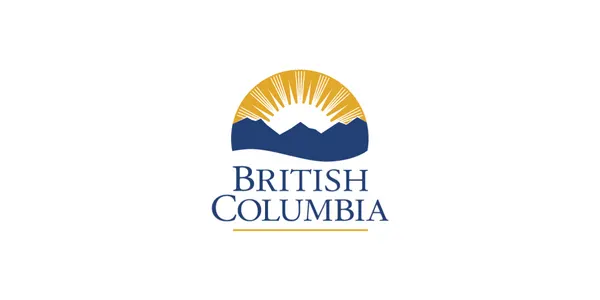
Coroner's Service of BC
Responsible for investigating all unnatural, sudden, or unexpected deaths in BC.
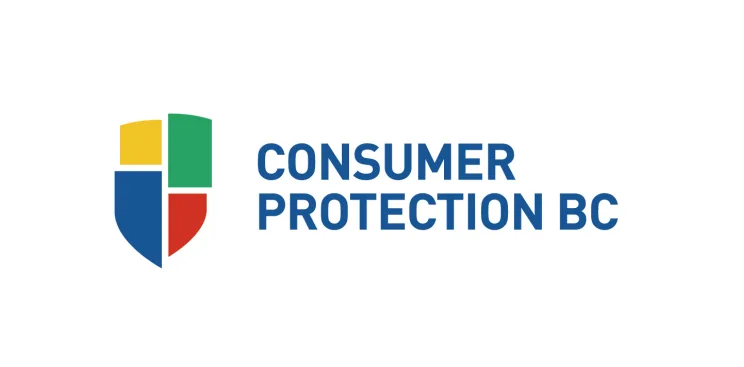
Consumer Protection BC
Handles complaints about funeral homes, cemeteries, or crematoriums in BC.

